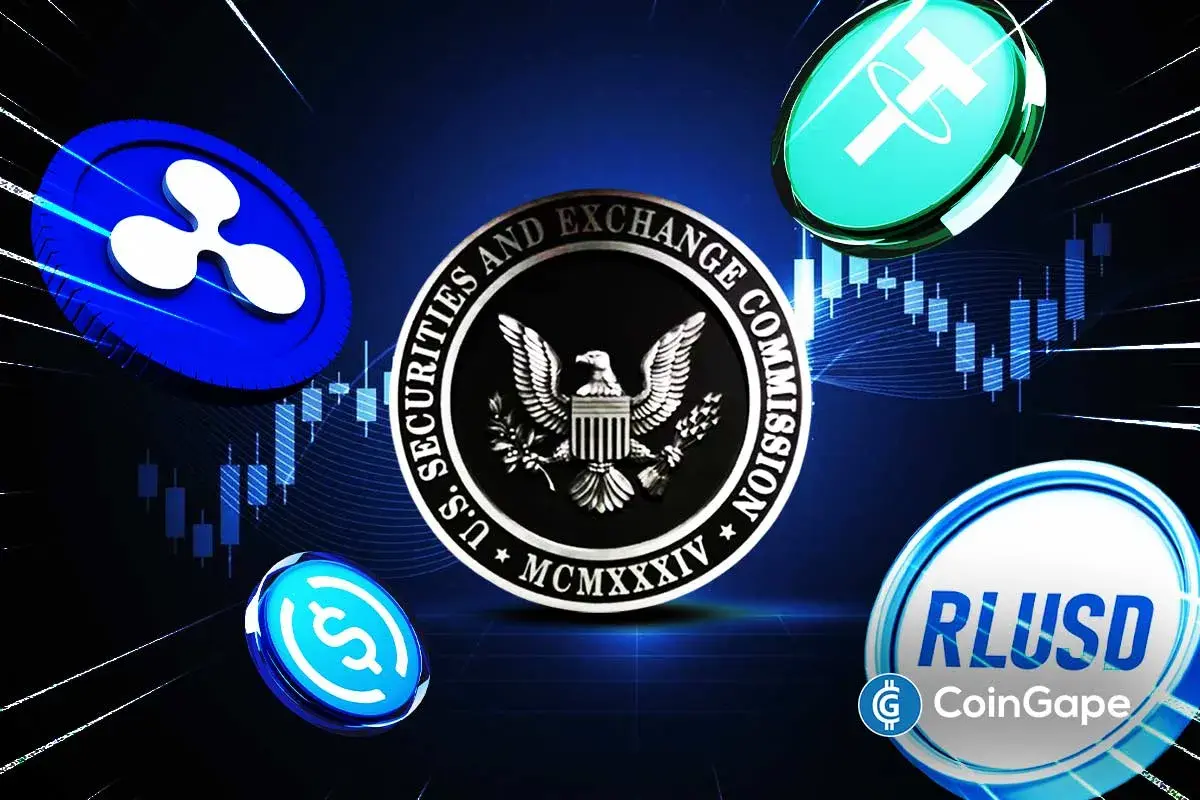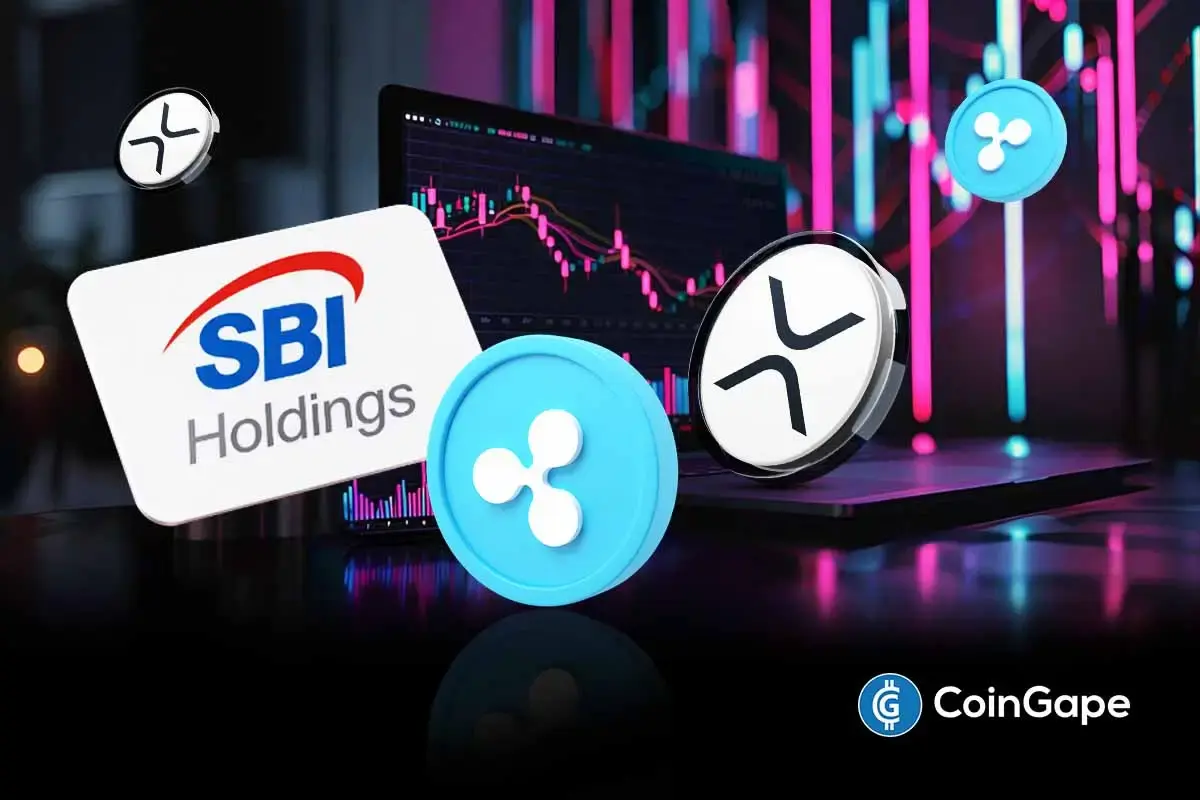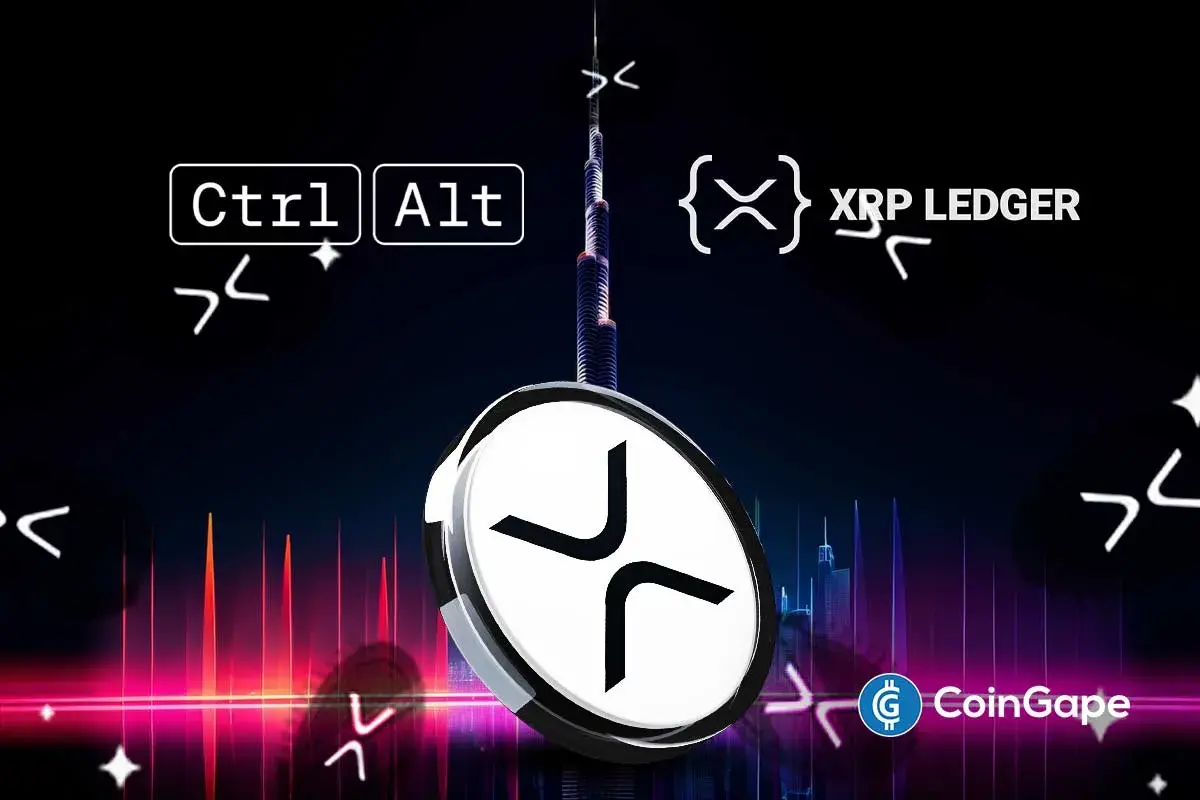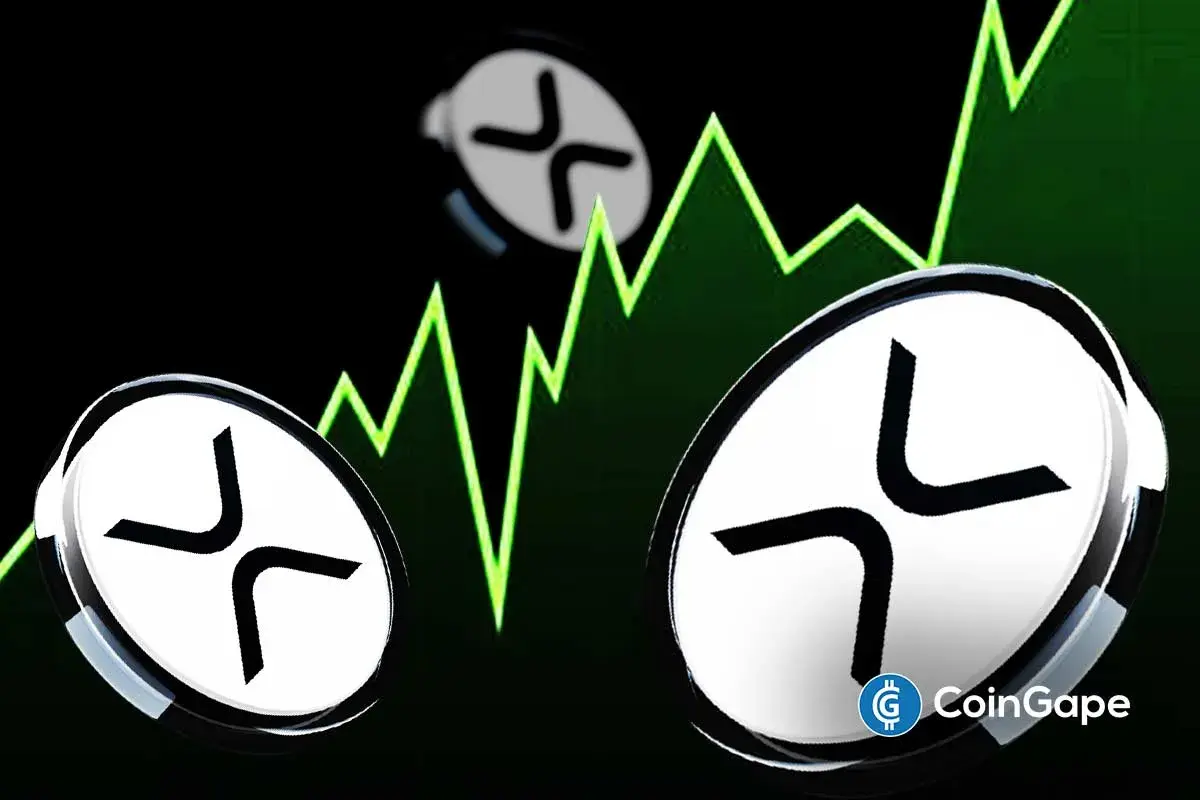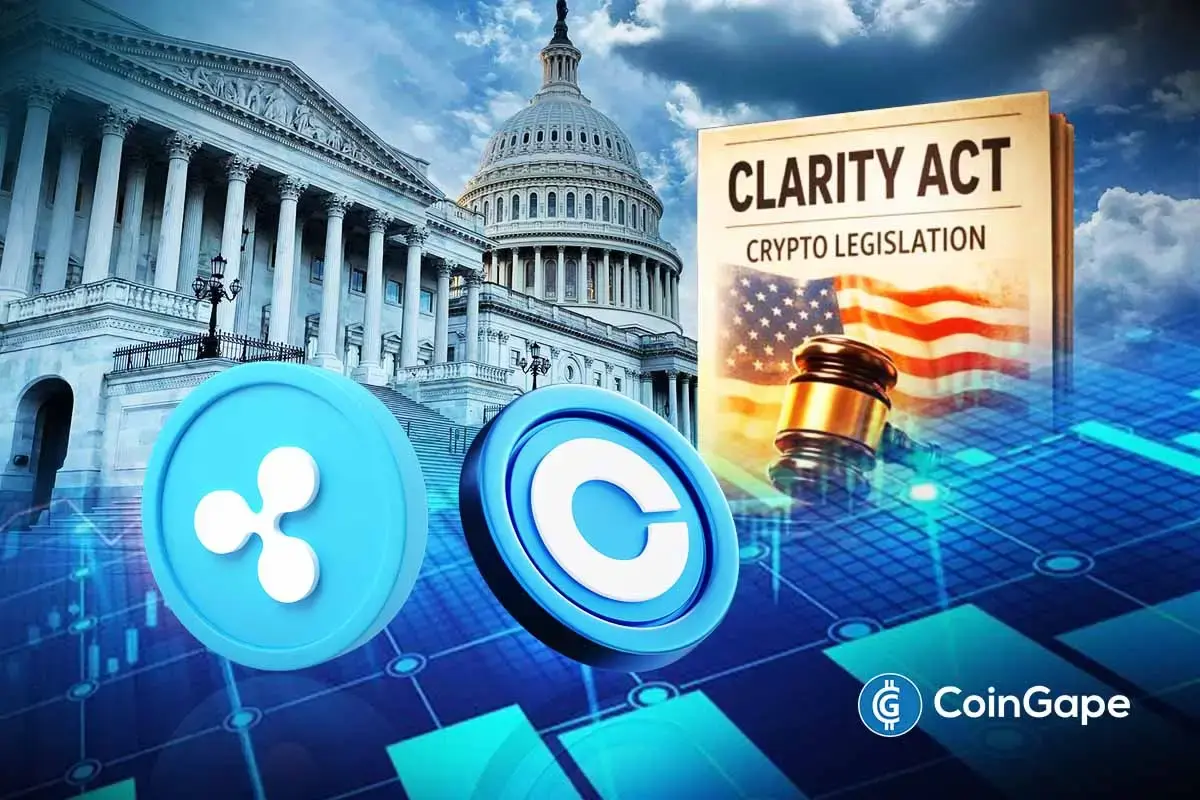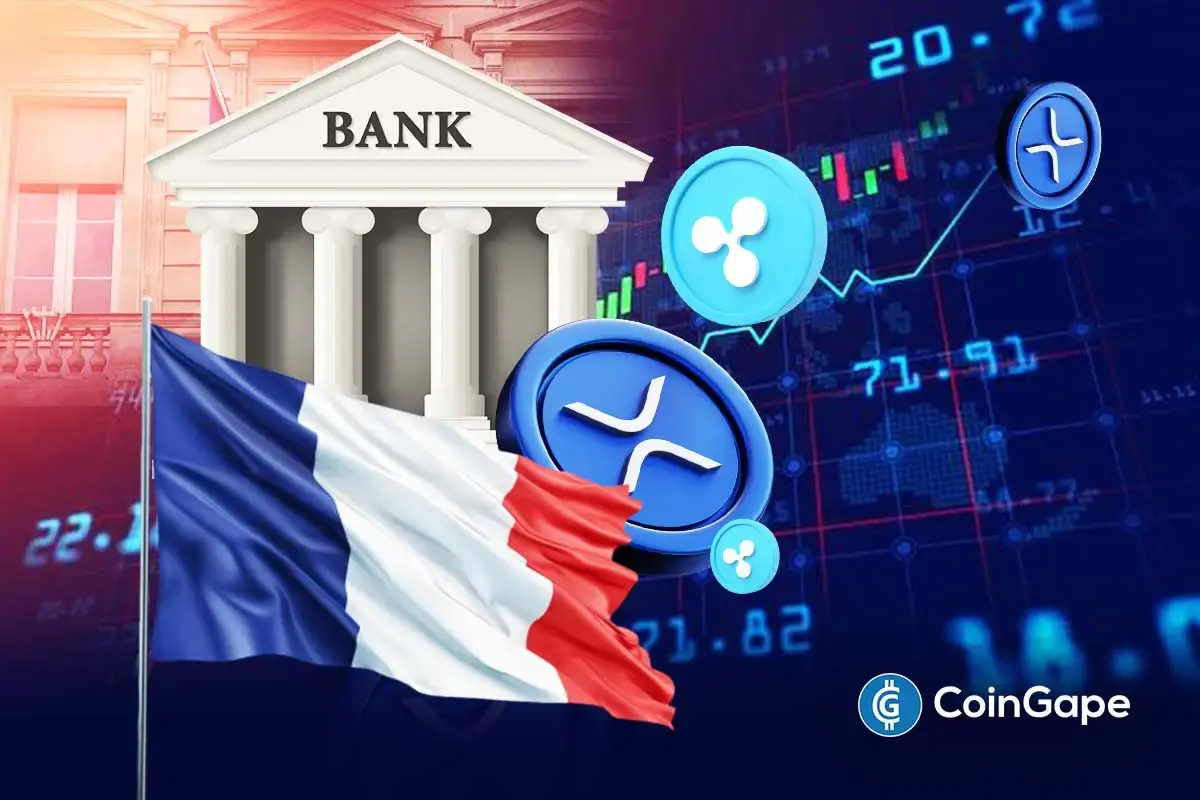Ripple Labs’ Real Estate Tokenization Plan Uncovered

Ripple Labs Inc, known for its blockchain advancement and digital payments has recently unveiled its ambitious plan to revolutionize the real estate sector through tokenization.
Ripple Tokenization Plans
In a recent tweet, Antony Welfare, the Ripple’s Central Bank Digital Currency (CBDC) advisor recently drew attention to the increasing global interest in this area. Welfare emphasized that Ripple’s team is actively focusing on real-world use cases for CBDCs and stablecoins, with real estate asset tokenization being a key area of interest.
#CBDCs are gaining traction globally and @Ripple CBDC team are focussing in on Real world use cases for a CBDC or #stablecoin. Last week I shared two real use cases at a CEE Fintech conference in Romania:#Tokenization is the Future of Real Estate
· The pilot combines the… pic.twitter.com/OMe1ieq8d1
— Antony Welfare (@AntonyWelfare) July 7, 2023
During a fintech conference in Romania, Welfare presented an intriguing use case that combines the digital Hong Kong dollar (e-HKD), tokenized real estate, and finance lending protocols. This innovative pilot program aims to enable users to tokenize real estate assets and utilize them as collateral for loans, leveraging Ripple’s CBDC platform.
Ripple’s interest in real estate asset tokenization signifies the company’s recognition of the transformative potential this technology holds for the industry. By leveraging blockchain and digital currencies, Ripple aims to address existing challenges and unlock new opportunities in the real estate sector.
While there are challenges to address, the implications of successful real estate tokenization initiatives could include enhanced liquidity, expanded market access, and simplified transactions.
A Growing Interest in Tokenization
Tokenization is a concept that has been garnering significant interest and attention across various industries. It involves converting real-world assets, such as real estate, artwork, or even intellectual property, into digital tokens that are secured on the blockchain.
These tokens represent ownership or a share in the underlying asset and can be bought, sold, or traded on a decentralized platform. The growing interest in tokenization stems from its potential to transform traditional asset ownership and investment models.
By leveraging blockchain technology, tokenization enhances liquidity, accessibility, efficiency, transparency, and security. As more industries and investors recognize the benefits and opportunities presented by tokenization, it is likely to continue gaining momentum as a significant trend in the financial and asset management landscape.
However, it is important to note that the adoption and implementation of tokenization may face regulatory challenges and require compliance with local laws. Besides the regulatory considerations, there are also security concerns over tokenized assets that must be allayed as the industry evolves.
- Satoshi-Era Whale Dumps $750M BTC as Hedge Funds Pull Out Billions in Bitcoin
- XRP Sees Largest Realized Loss Since 2022, History Points to Bullish Price Run: Report
- US Strike on Iran Possible Within Hours: Crypto Market on High Alert
- MetaSpace Will Take Its Top Web3 Gamers to Free Dubai Trip
- XRP Seller Susquehanna Confirms Long-Term Commitment to Bitcoin ETF and GBTC
- Top 4 Reasons Why Bitcoin Price Will Crash to $60k This Week
- COIN Stock Price Prediction: Will Coinbase Crash or Rally in Feb 2026?
- Shiba Inu Price Feb 2026: Will SHIB Rise Soon?
- Pi Network Price Prediction: How High Can Pi Coin Go?
- Dogecoin Price Prediction Feb 2026: Will DOGE Break $0.20 This month?
- XRP Price Prediction As SBI Introduces Tokenized Bonds With Crypto Rewards





